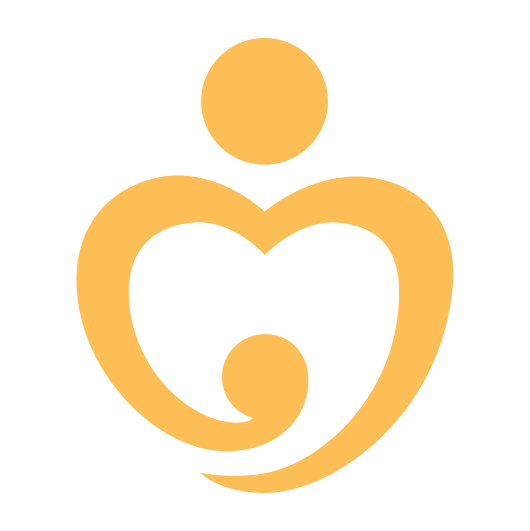Dr. Usha Jha’s Vision: Bridging Socioeconomic Gaps & Advancing Maternal Health in Nepal
By Naresh Newar
Dr. Usha Jha, Nepal Advisory Board Member, One Heart Worldwide
With decades of work helping to uplift Nepali women belonging to marginalized communities, Dr. Usha Jha has been a passionate advocate for women’s economic empowerment through action-oriented savings and literacy, particularly in rural Madhesh and mid-hill areas. Although she considers herself more fortunate than a lot of women from her Madheshi community, she has witnessed the challenges faced by women in both her home and across the country.
Her journey has been transformative, leading her success to prominent positions demonstrating her professional growth. Very recently, she completed three and half years of tenure at the National Planning Commission, and this opportunity, above all, has given her exposure to inclusive development from the apex governance structure. One Heart Worldwide team is proud to have Dr. Jha join Nepal's Advisory Board as one of its members.
Dr. Jha’s connection to the Madhesi community runs deep. Born in India, she is married into a family from Mahottari, a district in Nepal’s southern plains, where patriarchal traditions still hold sway. “The socio-cultural and the economic barriers, especially for women, in our community are significant,” she explains. “Women are mostly left behind, unable to participate in the local processes, and have little to no access to resources.”
A Defining Moment: Resistance in Morang
Dr. Jha’s professional journey, unlike that of many Madheshi women, wasn’t marked by significant personal barriers. However, her mission to advance women’s economic empowerment came with its own challenges. One of the most profound experiences of her career took place during the early days of implementing a Women’s Empowerment Program in Morang, a district in southeastern Nepal.
Tasked with organizing women from the fishing community into savings groups, Dr. Jha encountered an unexpected obstacle—resistance from the men in the village.
“As I was entering the village, a man approached me and said, ‘Why are you coming to my village? Our women are good, our families are good. If you come, our women will be spoiled. Don’t spoil our women,’” Dr. Jha recalls.
The man, visibly intoxicated, adamantly refused to let her proceed. “It was so difficult to convince him,” Dr. Jha recalls. “He didn’t allow me to enter the village, so I turned back without forcing the issue.”
Undeterred, Dr. Jha spent the following days in Biratnagar, reflecting on alternative approaches to reach the community. She soon decided to engage the local schoolgirls, working with them to design a grassroots strategy.
“I met with some of the girls from the village who were attending school, and together, we developed an action plan to introduce women’s savings groups and solidarity initiatives—without my direct presence in the village,” she explains.
This peer-education model allowed the program to grow organically, with the women taking ownership of their economic empowerment. Through their savings groups, they not only gained access to financial resources but also earned recognition within their families and the community. The women became both savers and borrowers, channeling interest and group activities—like singing, dancing, and small enterprises—back into their initiatives. Over time, some women even created employment opportunities for men in the community.
Five years later, when Dr. Jha returned to the village, the transformation was striking. The same man who had initially turned her away welcomed her warmly.
“He cleaned the floor, set out a chair, and said, ‘You’ve done such a good thing. My wife now has access to money, and she even supports me financially when I need it,’” she recalls with a smile.
For Dr. Jha, this moment underscored the power of community-driven change. “That experience reinforced my belief that the best way to enter a community is through its own people. Empowering women through local networks is the key to sustainable transformation.”
Economic Empowerment & Social Change
Dr. Jha’s work with Samjhauta Nepal, an all-women NGO she helped establish, exemplified her belief in the power of grassroots movements. She inspired a large number of women to be organized and helped set up savings groups and entrepreneurship initiatives. Through her NGO, she helped them be in charge of both their finances and lives. “It was challenging at first to convince the women to come out of their homes. However, we persevered by educating the women about being economically empowered and working together in solidarity. They found new courage and started coming out,” Dr. Jha fondly remembers.
This approach, she explains, was not just about improving livelihoods but also about fostering a sense of ownership and community. “When women save their own money and make decisions together, they learn not just financial literacy but also leadership. They start to see themselves as agents of change.”
The initiatives by Dr. Jha and her team at Samjhauta Nepal have helped to benefit 125,000 women across 21 districts, empowering them to build stronger communities. “The only way for women to empower themselves is by being economically independent,” she says. “And that starts with creating opportunities for them to generate and manage their own income.”
Dr. Jha believes that good partnership within families is also important. “My husband has been a great support to my work, and he also strongly believes in the importance of empowering women,” she shares. This support allowed her to pursue her professional and academic journeys, followed by taking on leadership roles without the cultural restrictions that many women in the Madhesh face.
Joining One Heart Worldwide: A Passion for Maternal & Neonatal Health
As a Nepal Advisory Board member of One Heart Worldwide, she deeply connects to maternal and newborn healthcare. “I had heard about their incredible work in the field, and it resonated deeply with my own passion for supporting mothers,” she shares.
At the national level, Dr. Jha has played a crucial role in developing strategies for early childhood development and multi-sector nutrition plans. “To me, that’s where the whole world starts—by supporting women during pregnancy, six months before conception, and after,” she explains.
She is particularly concerned about integrating marginalized women into the healthcare system, especially those in Madhesh. Although the Ministry of Health has a network of family community health volunteers, the connection between women and the healthcare system still falls short. “One Heart Worldwide needs to fill where the gaps are so that women can happily come to the health post to get the proper services.”
Prioritizing and addressing the barriers these women face is crucial. “Especially in Madhesh, they face so many socio-cultural and economic constraints. Pregnant women are often shy and hesitant to come forward,” she observes. For Dr. Jha, the solution lies in advocacy, awareness, and outreach: “Some level of advocacy, some level of training, and some level of awareness programs need to happen. Women need to feel confident enough to visit the health post.”
A journey of empowerment
As Dr. Jha looks back on her life, she feels proud of the many women she has worked with who have transformed into leaders. “When I go to meetings now, I see women who were once my social mobilizers now sitting as the members of Parliament. That, for me, is the greatest achievement,” she reflects.
Her journey, from struggling to learn the Nepali language to leading national and international initiatives for women’s empowerment, is an example of how education makes a difference. “I’ve learned that women are incredibly powerful—they just need the opportunity to show it.”
For young Madheshi women aspiring to entrepreneurship and leadership, Dr. Jha offers this advice: “Don’t leave any opportunity to educate yourself. Stay engaged with what’s happening around you. And always remember that your attitude and commitment will shape your future.”






